Mozambique: Chapo calls for sustainable development of municipalities
Mozambique: Cabo Delgado insurgency does not justify peacekeeping operation – UN | Lusa report
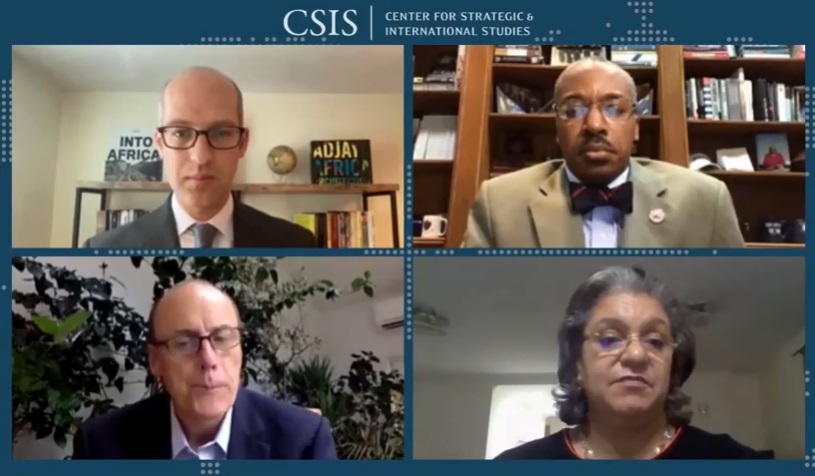
Screen grab: CSIS
The United Nations (UN) special representative to the African Union has said that the insurgency situation in Mozambique is not advanced enough to justify international military intervention or peacekeeping operations.
Hanna Tetteh, special representative of the UN Secretary-General António Guterres to the African Union (AU) and the head of the United Nations Office to the African Union, said at a conference attended by Lusa that ” it’s important for us to recognise that in some places the situation is not yet ripe for a peacekeeping operation.” and that “a purely military response might not be the most effective response”.
She argued that “there is still the opportunity to be able to use political processes to try and get people to come back from the brink and to address some of the root causes of the conflicts”.
The statements were made in the context of a videoconference held by the Centre for Strategic and International Studies (CSIS) of the United States.
“And I think that in Mozambique, for instance, as a case in point, that is one of the situations where we’re talking about a counterterrorism as opposed to a peacekeeping engagement activity”.
For Hanna Tetteh, the priority should be to “be able to understand what are the challenges within the Cabo Delgado region and how are we going to support, in this case, the sub-regional organisation, SADC, which has demonstrated that it wishes to take leadership on this issue,”.
The support has to be given at the level of bringing ” the political tools to bear to try and create solutions within those regions and deal with some of the governance deficits that they have – lack of service provision, challenges with inequality – and, of course, at the same time, to provide a humanitarian response.” she emphasised.
According to the UN official, the various organisations have to converge tools and structures, through collaboration, in order to “be more proactive on the prevention as opposed to having to spend money on the peacekeeping”.
“After all, if we are able to be effective in our prevention – peacebuilding interventions, we’re not going to spend as much money on deploying a peacekeeping operation,” said Tetteh.
The UN office in Mozambique has estimated that around one million people need humanitarian aid in the country for various reasons, such as severe hunger, which affects 950,000 people.
Armed violence in Cabo Delgado began more than three years ago, but escalated again on 24 March, when armed groups first attacked the village of Palma, about six kilometres from major natural gas projects.
The attacks caused dozens of deaths and forced thousands of Palma residents to flee, exacerbating a humanitarian crisis that has affected around 700,000 people in the province since the beginning of the conflict, according to United Nations figures, and with around 2,500 deaths since the conflict began, according to Lusa.
- You may read, download, the transcript of the conference “Renewing U.S. Commitment to U.N. Peacekeeping in Africa” HERE


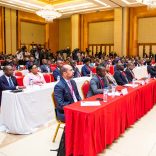

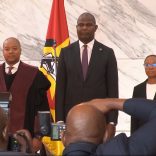
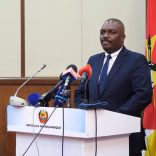
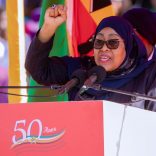





Leave a Reply
Be the First to Comment!
You must be logged in to post a comment.
You must be logged in to post a comment.